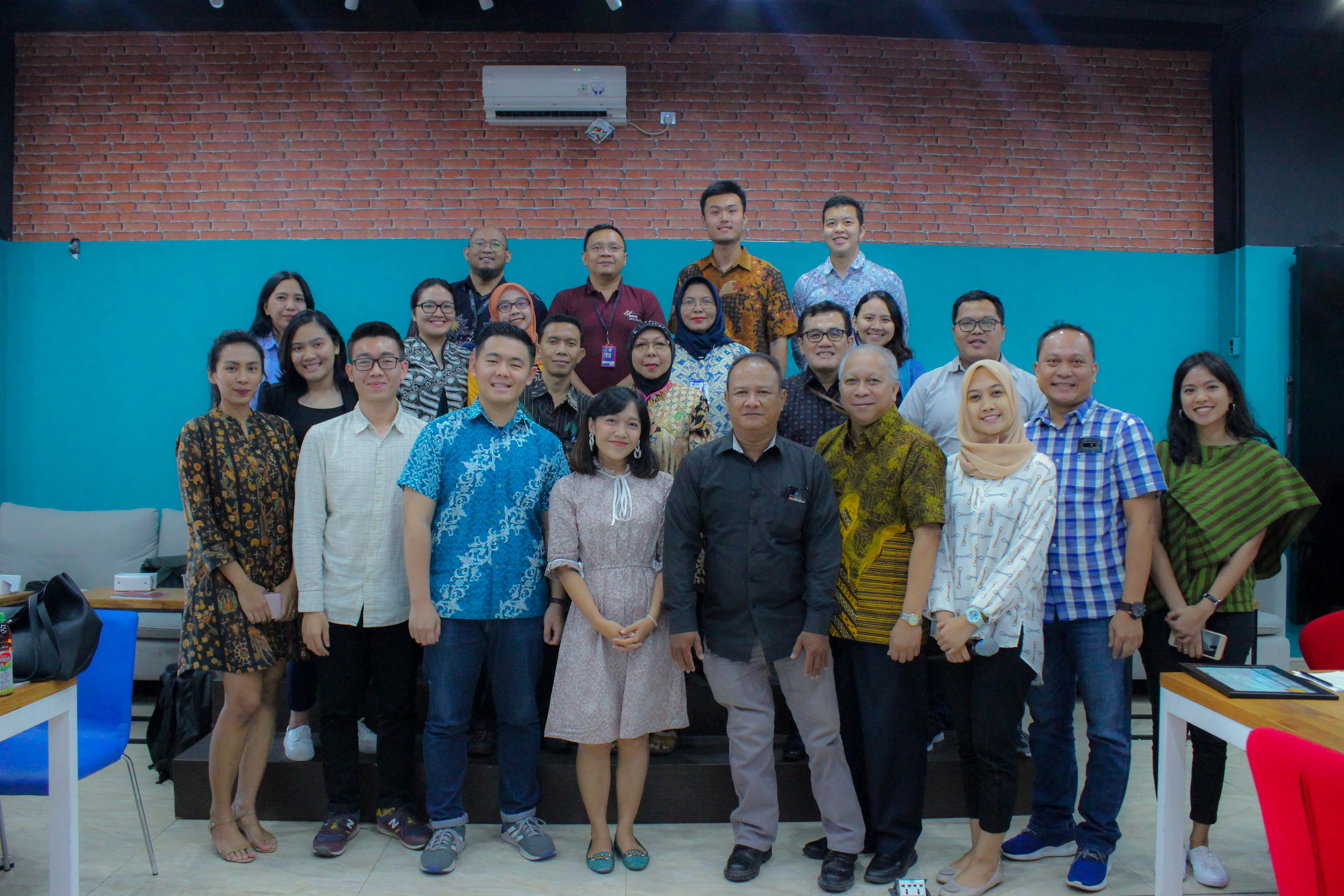
HR Inclusive Workshop with Ministry of Manpower


HR Inclusive Workshop with Ministry of Manpower
Which one is harder: being disabled who ask for equality or being a non-disabled who work for disability? I could barely answer the same. I’ve lost count of the number of times that people asked me, “Are you disabled? Or do you have disabled relatives?” Well, I’m afraid I’m going to disappoint you all here. I am not disabled, right now. I always remember one punchline made by senior disability right activist to me, “If you are non-disabled who speak about disability, it is just an assumption. Because you never experience it.” Once in my life, I wanted to ask God, why I was born without disability but He gave me the heart to serve in this issue. But, should I stop voicing disability just because I am not disabled?
Many people are curious about what thing that triggers me to be serious in disability issue. I never explain this to anyone who asks, but let me tell you the story. Three little kids who opened doors for me were my students when I was assigned at elementary school in a rural village in Tanimbar Island, Maluku. Back in 2013, I didn’t know the term ‘disability’, all I know that I must deal with three special-needs children. It was super challenging because I have no idea how to handle three kids with three different treatments. Until I had a chance to cross Banda sea by 11 hours of sailing, touched the capital, found electricity and WIFI then did some searching. My three little angels were mild Cerebral Palsy, dyslexia, and a slow learner. Being a teacher in a tiny village gave me no option. They were in the same class as the other 27 students. A year with them has taught me that disability is not only a parent’s nor teacher’s thing, but everyone’s thing as we live in society.
After Indonesia ratified the UN Convention on the Rights of Persons with Disabilities, we already have the Law Number 8 of 2016 on Persons with Disabilities as the amendment of Law Number 4 of 1997 on Handicapped People. There is a shifting paradigm of disability from charity to human-rights based. We are no longer putting people with disabilities in such a medical box. Disability is a form of impairment plus barriers. Barriers are about how society accommodate the needs of people with disability. Since then, the term ‘inclusion’ is quite famous. Inclusion is often defined as giving ‘special privileges’ to people with disabilities, or clustering people in society because of their condition. Why inclusion sounds that exclusive?
Inclusion means that all people, regardless of their abilities, disabilities, or health care needs, have the right to be respected and appreciated as valuable members of their communities. If you are persons with disabilities, think beyond activism. Building an inclusive environment is not your only fight. Included in public life is not something taken for granted just because we have the Law. Suddenly, Einstein famous quote popped up in my mind, ‘The definition of insanity is doing the same thing over and over again, but expecting a different result’. When blaming society or protesting our government seemed not significantly work, let us try a different approach. We need to manifest inclusivity in our culture by letting people speak disability rights. There is a louder voice in unity.
Few times, I feel bad to Ojek’s drivers. Whenever they crossed the sidewalk in a hectic time, I complained. I asked them, “Bang, do you know what is the meaning of this yellow block?” and they innocently answered, “I think it’s a decoration!”. Then our talks continued as a Kultum or 7-mins lecture. I explained to them the function of that guiding block to people with visual impairment. Imagine, one people remind one Ojek’s driver, what impact we can bring toward inclusive space?
If you are persons without disabilities, let me bring you beyond your comfort zone. Being inclusive is not as simple as accepting people with disabilities exist in this world. It is not just space sharing, you must break the barriers. You don’t need to be an activist to speak of inclusivity. You don’t need to participate in a march or write a petition to support an inclusive environment. You don’t need to have a family member or partner with disabilities to be entitled to the disability movement. Start with a small thing. Interaction is the gate to know what can you do to raise awareness of disability.
Before this is ended, let me reveal this. Disability is not something you bring since you are born, it could be happened because of ages, accident, disaster or medical injuries. Each of us could have a disability, anytime and anywhere. So, being aware of disability and making our environment more inclusive will benefit all of us.